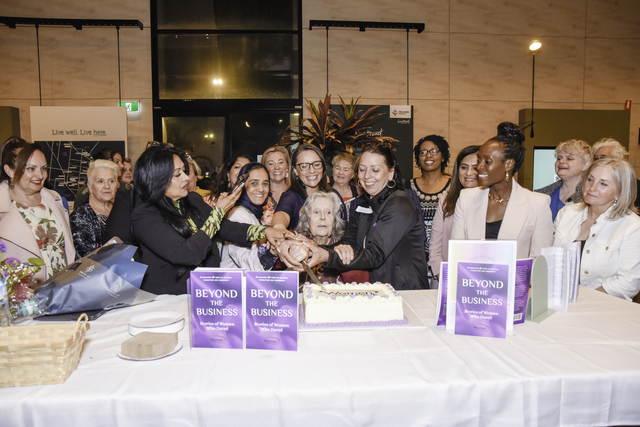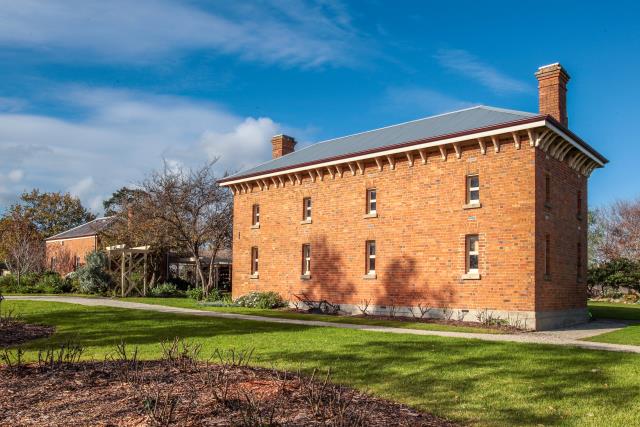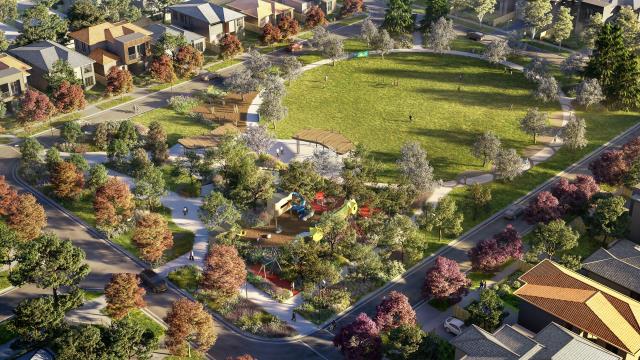We had to laugh.
A reporter on the evening news excitedly announced that Australian architects are now “innovatively incorporating multigenerational living into their home designs” – as if this were the invention of electricity.
The reason? The rising cost of living.
Welcome to 2025. And welcome to the rest of the world.
Because for many cultural communities, from Italians to Indians, Greeks to Ghanaians, Malays to Middle Easterners, multigenerational living is not a new trend.
It is not a “response to the economic crisis.”
It’s just… life.
Take us, for example. When Jamel was a young chook, she did the “Aussie thing” – moved out, went to uni, partied a bit, got married, had kids.
But for the last 20 years, her parents (that is me, Dya) have lived with her and the kids.
In the early years, we helped with school pick-ups, cooking, housework, the odd lecture on values.
These days, the kids, now 23 and 24 – are driving us to medical appointments, helping with groceries, and keeping us updated on how to use the bloody phone and pronounce Gen Z slang. (Spoiler: we still struggle).
Yes, it is noisy. Yes, opinions clash. But we have something that makes it work – respect, responsibility, and the occasional well-timed deep breath.
Why the stigma?
For years, Jamel hesitated to tell people she lived with her parents.
It was always phrased delicately, “My parents are staying with us for a bit…”
But now? She owns it.
Because somewhere along the way, we have convinced ourselves that success means moving out, renting a shoebox, eating two-minute noodles, and FaceTiming Mum while asking how to cook rice.
Let’s face it, we have made multigenerational living look like a failure, when in truth, it is a cultural goldmine.
We talk, we cook together, we take care of each other, we plan for ageing. we talk openly about finances, health, roles and expectations.
We are each other’s safety net.
So what is the root cause?
Is it just the cost of living? Or has white Australia only now realised that Nonna, Dadi, Yai-ya and Tía had it right all along?
Maybe it is time we questioned why we ever thought living apart from those we love was “normal.”
And let’s not romanticise it either.
It is hard work. You have got clashing personalities, strong opinions, and the occasional Cold War over kitchen bench space.
But when grounded in values like respect, reciprocity, and shared responsibility – it works.
And it builds something that is sorely missing right now – purpose.
Because when young people know they matter to their family, when elders feel useful, and when everyone contributes to something greater than themselves – mental health outcomes improve.
Isolation drops.
Purpose rises.
So what do we need to do?
Let’s spell it out.
1. Normalise multigenerational living.
It is not a sign of failure. It is not “mooching.” It is called family.
2. Stop designing homes for imaginary households.
As a buyer’s agent, Jamel has seen her fair share of architectural nonsense.
• Master bedrooms that rival airport hangars, but no downstairs bathroom for ageing knees.
• Tiny rooms you could not swing a cat in, unless it is a kitten with arthritis.
• Kitchens upstairs, with no lift access for grandparents.
• Double garages turned into makeshift bedrooms, because “where else is Uncle going to sleep?”
3. Talk to town planners about cars.
We have six adults in our house. And guess what? Six cars. If developers are not considering that, they are dreaming. Garages become bedrooms. Cars spill onto roads. Neighbours get grumpy.
4. Respect works both ways.
Yes, ethnic families, we are calling ourselves out too. If you are having a birthday party with 60 guests, 37 cars and a goat on the spit – tell your neighbours. Better still, invite them.
If we want understanding, we have to build relationships.
And to our Anglo-Aussie friends: ignorance is no longer acceptable.
Multiculturalism is not new. We are not exotic. We are your neighbours. Your teachers. Your team mates.
So when you hear the laughter next door and see the driveway full – maybe knock on the door. Ask about the food. Stay for dessert. You will be invited in!
Multigenerational living is not just an economic solution, it is a cultural philosophy.
It is about belonging, purpose, and interdependence.
And whether you are a migrant, a millennial, or a meat-and-three-veg Aussie from down the road, it is time we all grew up and started living together better.
So here is our call:
Let’s design homes with all generations in mind.
Let’s raise kids with shared values, not shame.
Let’s teach each other what family really means.
And let’s talk – with each other, not about each other.
Because the real house of the future – it is already here. It is noisy, it is full, and it is home.

















